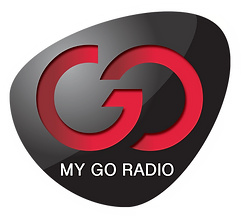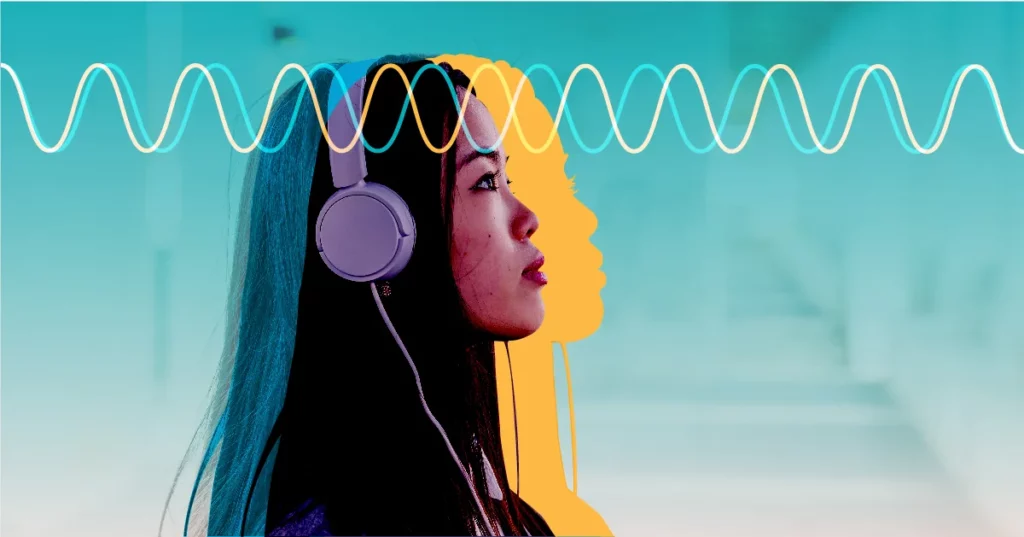Neurologists and psychologists have been studying the impact of sounds on the human brain and emotions for decades and the science has proven that our primal responses to sounds are extremely fast.
The neurological make of the human body provides for shorter neural passageways in order to get an audio signal to the brain Vs the complex route a visual signal needs to pass in order to reach the brain and be interpreted. This is clear in nature where animals rely on listening for danger as by the time they have a visual on it, it’s too late.
In simple language:Humans respond to sounds hundreds of times faster than we do to visual images. To add to this, sound is a constantly engaging medium, as it naturally fills a room. It cannot be avoided nor ignored. It even penetrates on a subconscious level, which is so powerful as it is the only sense to do this whilst a person isn’t even consciously engaged with the sense. Humans do not process sound in a rational way because it doesn’t even go to the rational part of our brains; it goes directly to our emotional part of our brains. Studies have proven that music directly impacts on emotions and it achieves this very fast.
Sounds and emotions are interlinked and this is extremely powerful as a single sound can trigger an emotional recall from decades back … a few seconds of a song can remind you of your first kiss as a teenager.
Naturally, businesses would want customers to associate their retail environment with pleasant memories even if on a subconscious level – when they recall your brand, the overall memories must be warm, welcoming and appropriate to the experience your brand represents.
Large brands have been doing this successfully for years, just think of brand mnemonics like the BMW or McDonald’s 2 second jingles ( just reading that probably triggered those sounds and their visual logos in your mind).
Sounds drives behaviour
Think about driving in traffic , now turn off the radio , and suddenly your sense of time is exaggerated, and your commute will feel longer and likely more frustrating. Silence is still a sound – and it too will create an emotional response.
Sounds Evoke Memories. Sounds Influence Mood.
Sound can also act as a privacy curtain
Audio in business creates something we call a ‘Privacy Curtain’. Think of your next visit to a typical bank branch, the person behind you is normally within listening distance and without any audio distractions they instinctively will tune into the closest sound – and that might be your private conversation with the teller about your finances.
Silence in business will also naturally heighten the customers sense of time. So even a reasonable cue or wait to be served will be exaggerated as there is no audio distraction to subconsciously draw them into. Try standing in the same spot for 7 mins with silence , and then compare the perceived waiting time, listening to 2 full songs…. All the people in the silent cue will perceive the time up to double the actual time – resulting in frustrations and negative recall about your brand.
Get in touch with the Go Radio team to see how we can help your brand.


